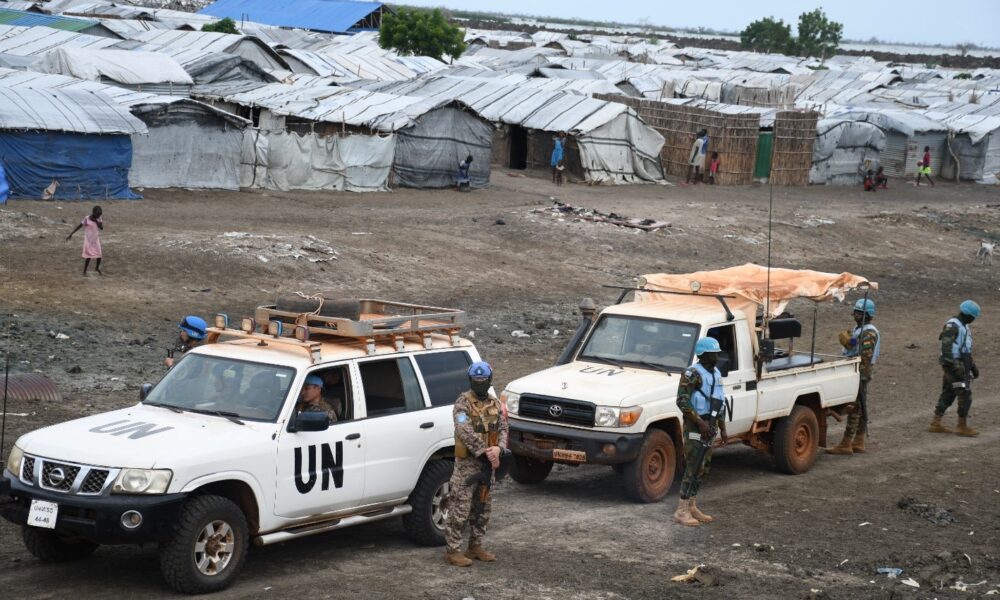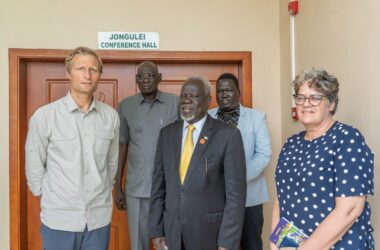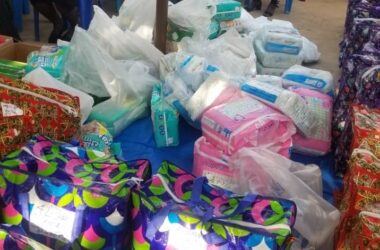By Philip Buda Ladu
Internally displaced people (IDPs) in Bentiu have outlined specific conditions for their voluntary return home.
Currently, nearly one million individuals are residing in IDP and UN camps across South Sudan, while approximately 2.3 million have sought refuge in neighbouring countries due to the violence stemming from conflicts that erupted in December 2013 and 2016.
In February 2023, President Salva Kiir Mayardit met with IDP representatives in Juba, urging those still living in camps and refugee settings to return home, citing the improved security situation in the country.
Despite this call, many IDPs remain cautious, insisting that their return must be reliant upon lasting peace and the assurance of safety in their home communities.
Tap Mach Dhieu, a 43-year-old IDP, fled his home village in Panyijiar County, Unity State, due to the conflict and sought refuge at the UN Protection of Civilian (PoC) site in Bentiu since 2014.
The PoC now turned IDP camp and its responsibility handed over to the government is being governed by a Community High Community (CHC) with a joint police unit (JPU) is in charge of the camp in terms of security.
However, the UNMISS peacekeepers still carry out routine patrols, acting as observers and giving capacity building to the JPU while monitoring human rights violations, and the WFP distributes monthly food rations, which IDPs survive on.
Despite the government’s advocacy for IDPs to return to their homes, many displaced persons like Dhieu are hesitant to return to their villages.
“Yes, the government said that people should return home, but the question is, if I return to my home village and I have nothing in my hand, what can I construct my house with, which was destroyed during the war?” he asked.
Mr. Dhieu recounted how their cows were looted and houses burned, saying there is nothing left, adding people are waiting for genuine peace so they can return when given something to start with afresh.
“If I am compensated, I will go to my home village,” he echoed.
Dhieu argued that the government cannot tell him to return home without any compensation, saying where he will get money to construct a house.
He underlined two key conditions that the government has to meet to convince them to return to their homes.
“First, security and then compensation should be done because I had cows; I have lost everything. They have looted all my cows and properties.
Another IDP, Julia Guot, a 24-year-old mother of two children who has spent 9 years at the Bentiu camp since fleeing her home, said life at the IDP camp is miserable with little food, no proper shelter, and other necessities.
Julia said they want to return home, but only if security is guaranteed and the floods subside.
“We came here to the camp because of war. If there is good security out there and nobody will disturb our peace, then all people will return to their homes, but the problem out there is people are still not one; maybe they will fight, others will be attacked at night, so that’s our only fear,” she expressed.
Earlier this month, parliament submitted two pieces of legislation to the President for assent into laws that would enable the establishment of a Commission for Truth, Reconciliation, and Healing alongside a Compensation and Reparation Authority, as envisaged under the Revitalized Agreement.
The UN Human Rights Commission noted that while these bills represent an important step towards dealing with the past and responding to victims, the content of the bills has not yet been made public.
It emphasized that the victims’ concerns should be addressed starting with the critical process of selecting independent and impartial members of the independent bodies to ensure the credibility and legitimacy of the truth-seeking and reparation processes.
The Commission noted that despite the last two-year extension of the transitional period in August 2022, most critical tasks remain unimplemented, including the comprehensive unification of armed forces and their deployment, the development of a permanent constitution, the establishment of rule of law and transitional justice mechanisms, and credible electoral arrangements.



